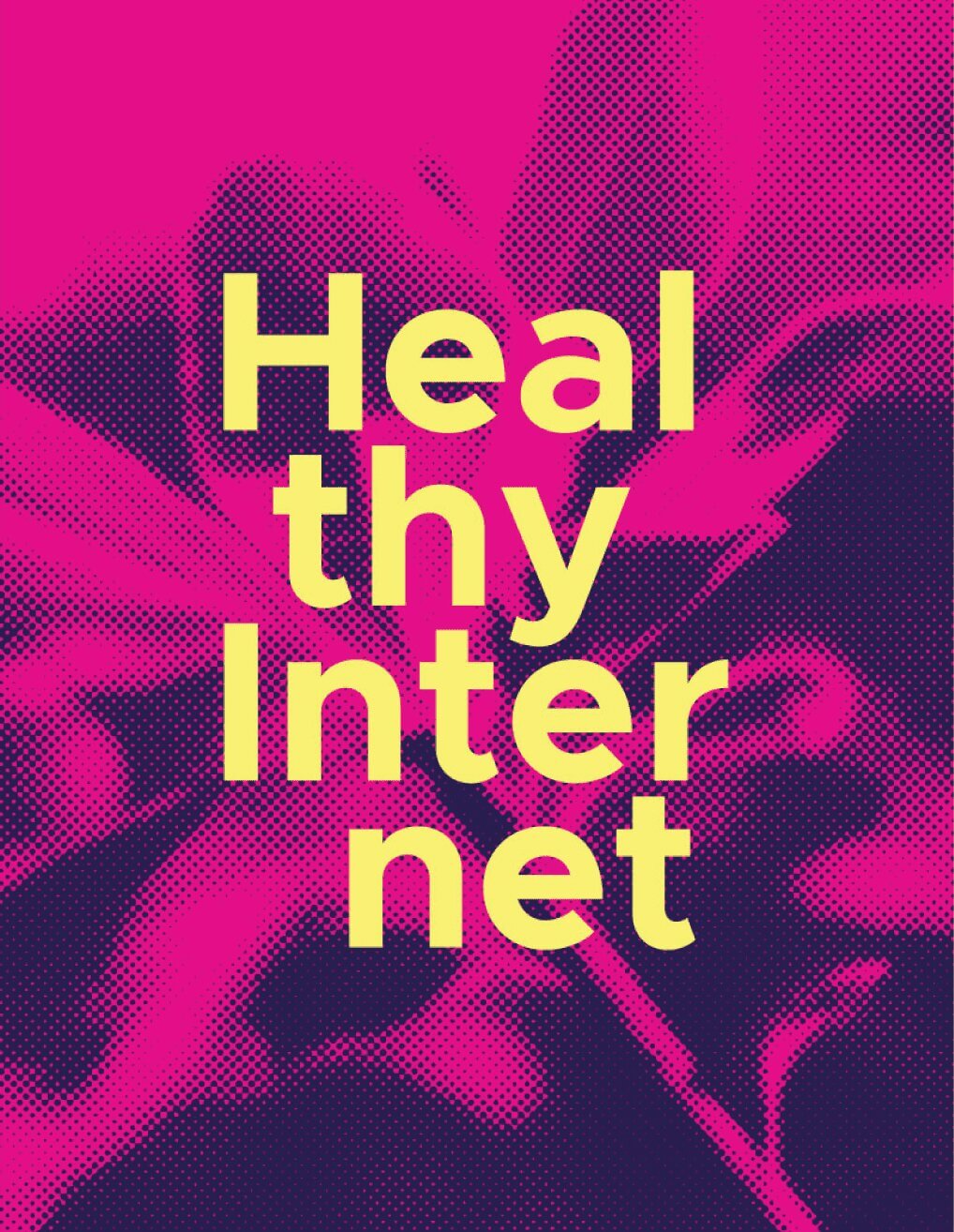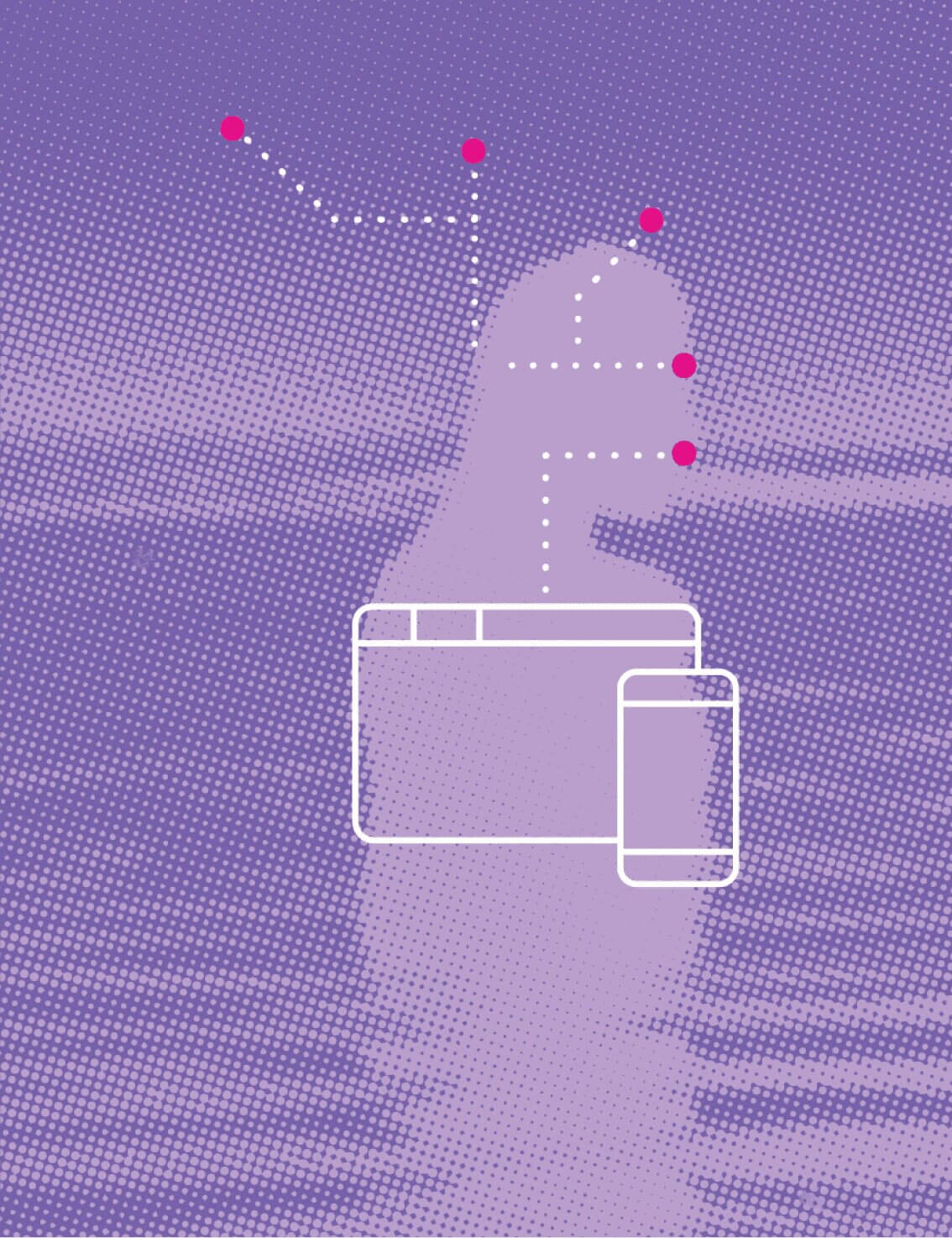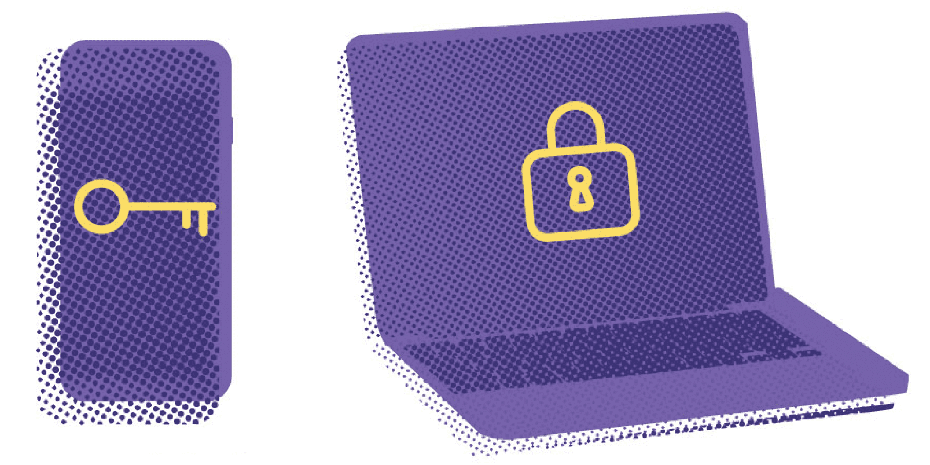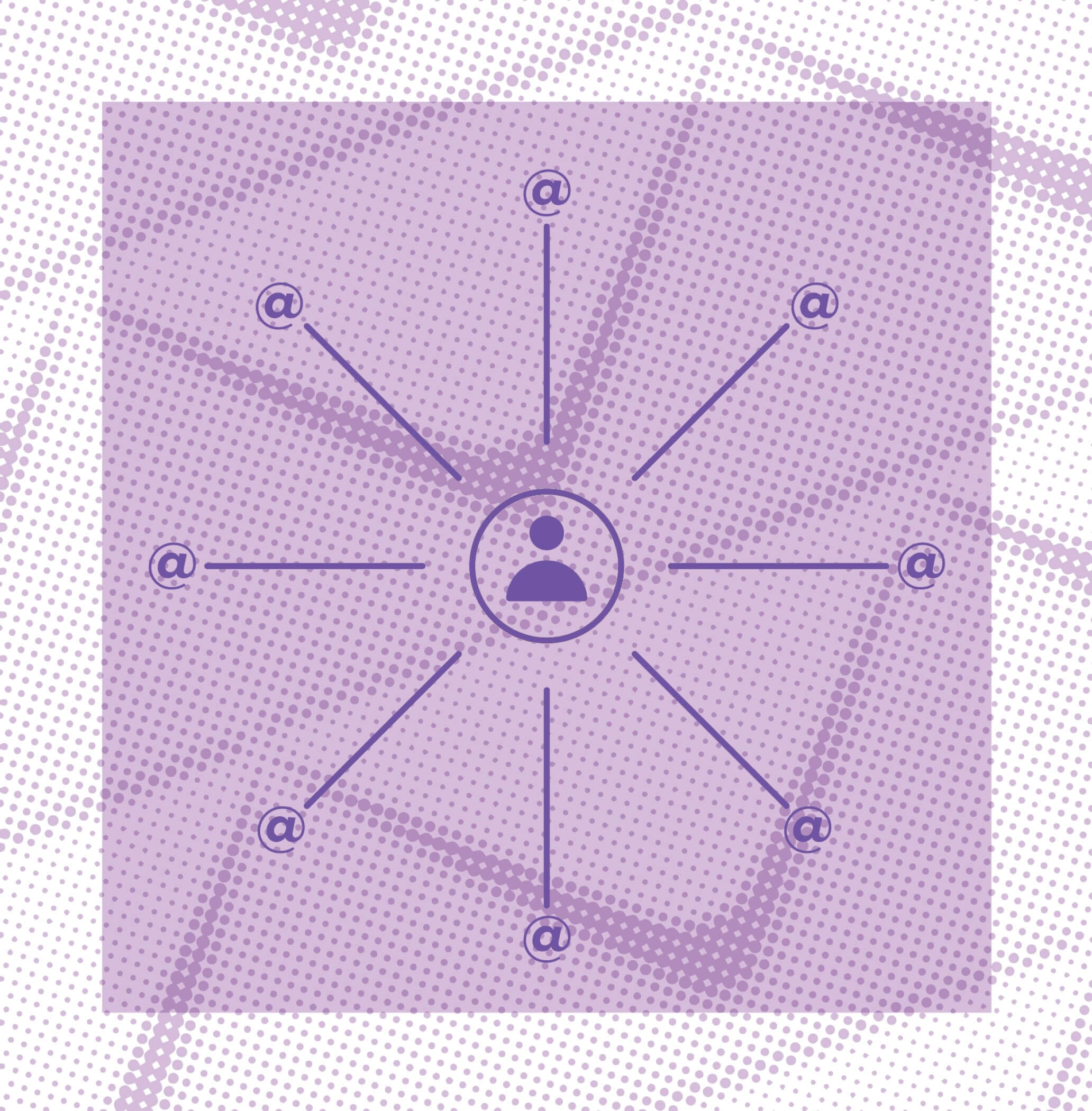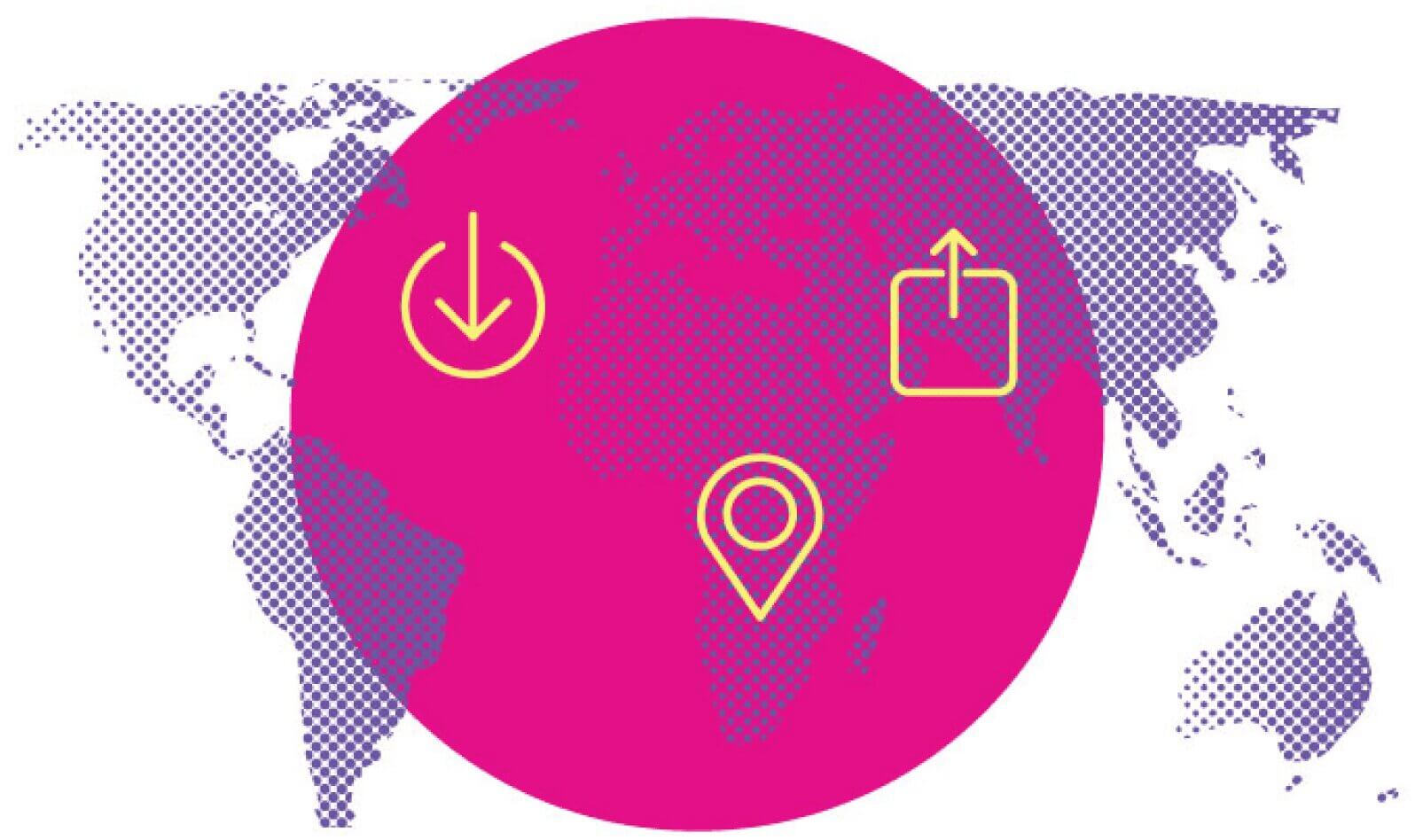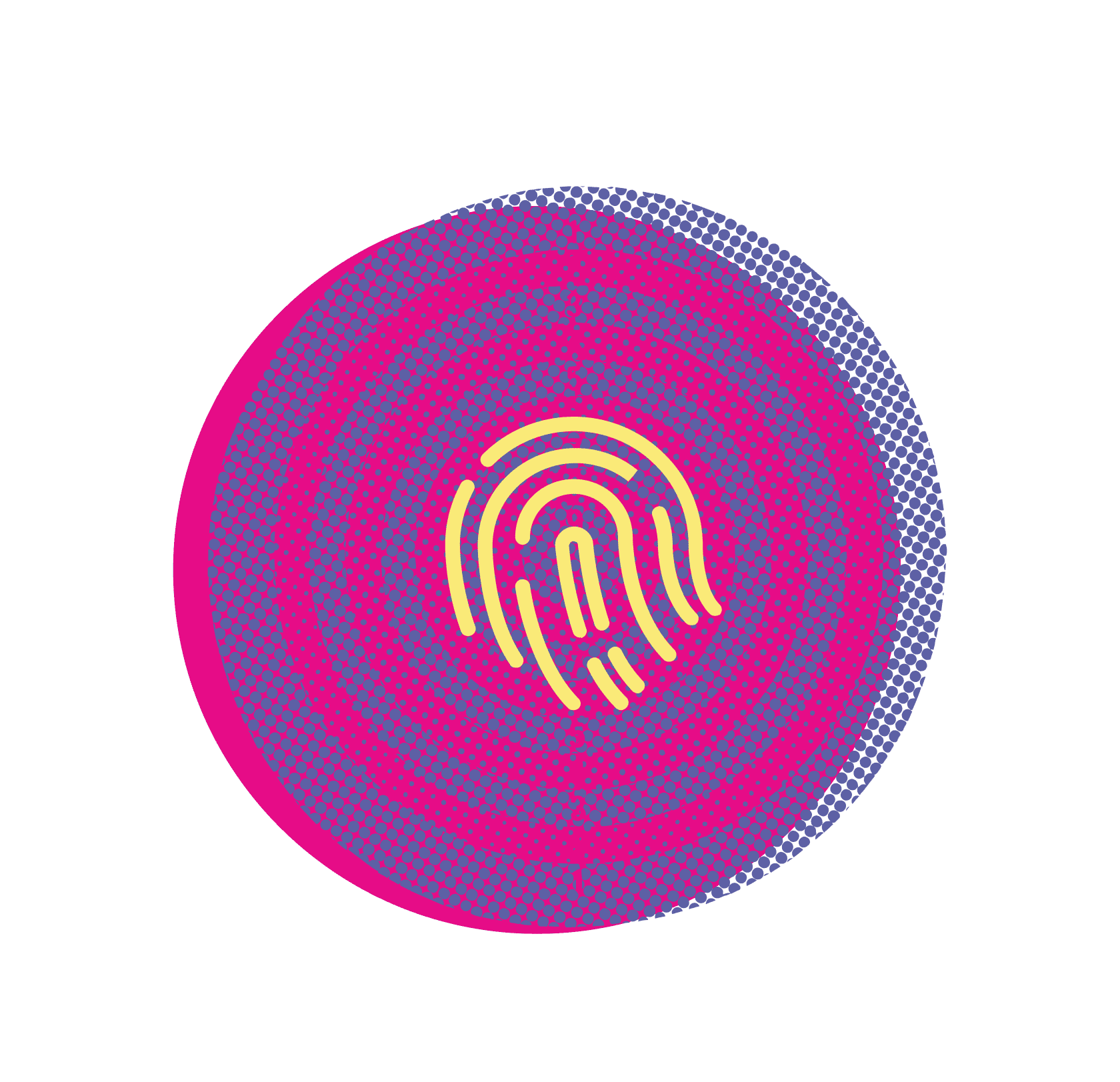Friendly reminder: What are trackers again?
News recommendations are convenient and, let’s be honest, many of us prefer to read content that is in line with our opinion. But what if that content isn’t accurate? Or what if we lose sight of the big picture because we are only exposed to a small part of it – how can we form our own opinion?
We distinguish between first and third-party trackers, or tracking cookies. You may find first-party trackers on news sites, for example. Their job is to notice when a new or recurring reader comes to the site, check out which articles they read, how much time they spend on each page, and so on. They may use this information to improve the quality of their offering and determine what readers actually like.
Third-party trackers, on the other hand, may log a visitor’s entire website visit, for example, for the purpose of displaying targeted ads to them. This even works across different websites someone visits; plus, there’s rarely just one tracker on a site. They often work hand in hand with others to find new ways to convince you through ads to spend money, sign up for services, and then share more information about yourself.
As you might already assume, this information is very valuable. That’s why the companies who have it make a lot of money by selling it to others. Unfortunately, no one involves you in this decision. That’s why Firefox blocks many third-party trackers by default in order to give you back more control over your online experience and reduce your chances of being followed around the web by ads and dubious companies.

